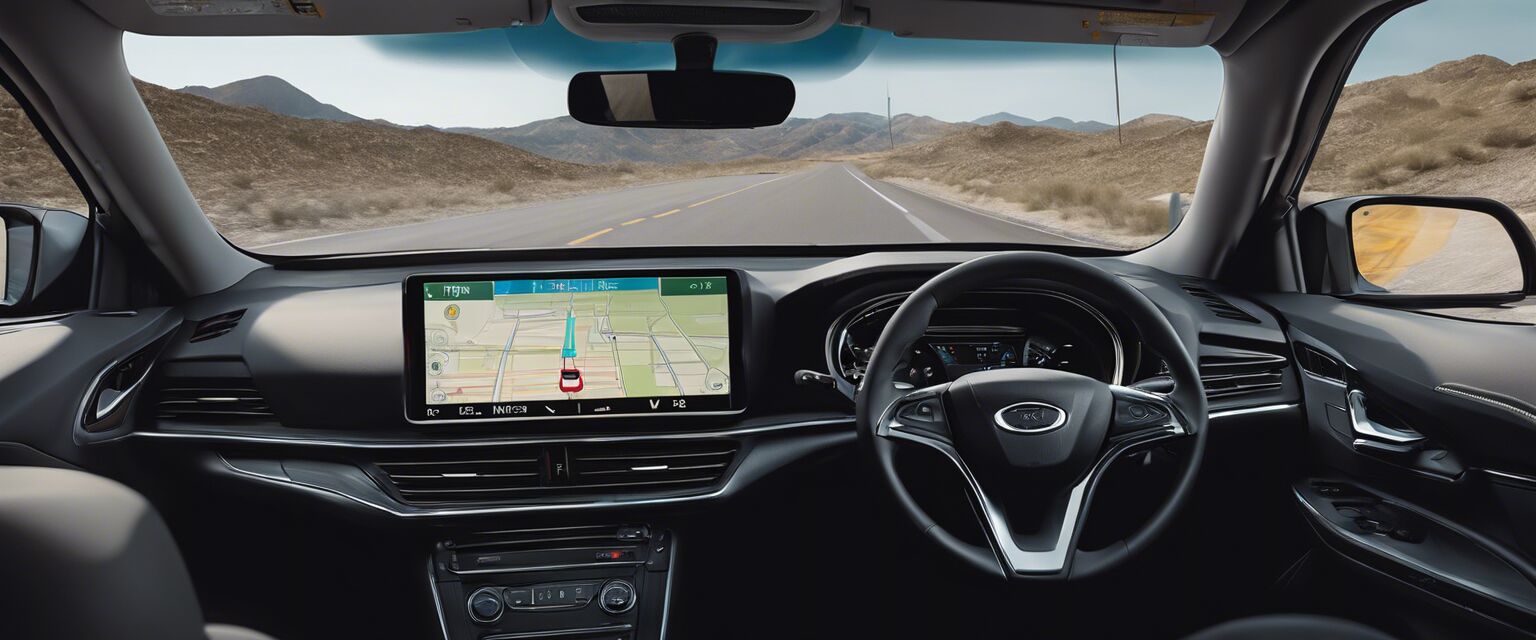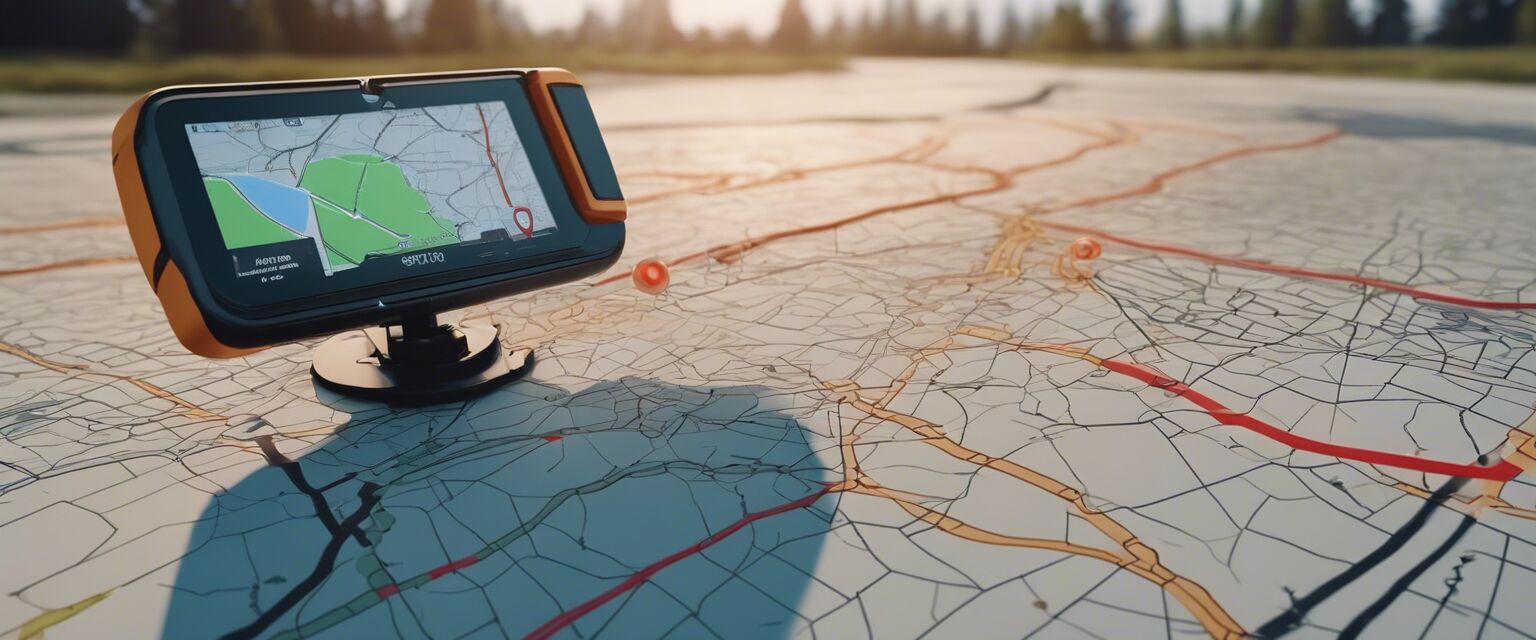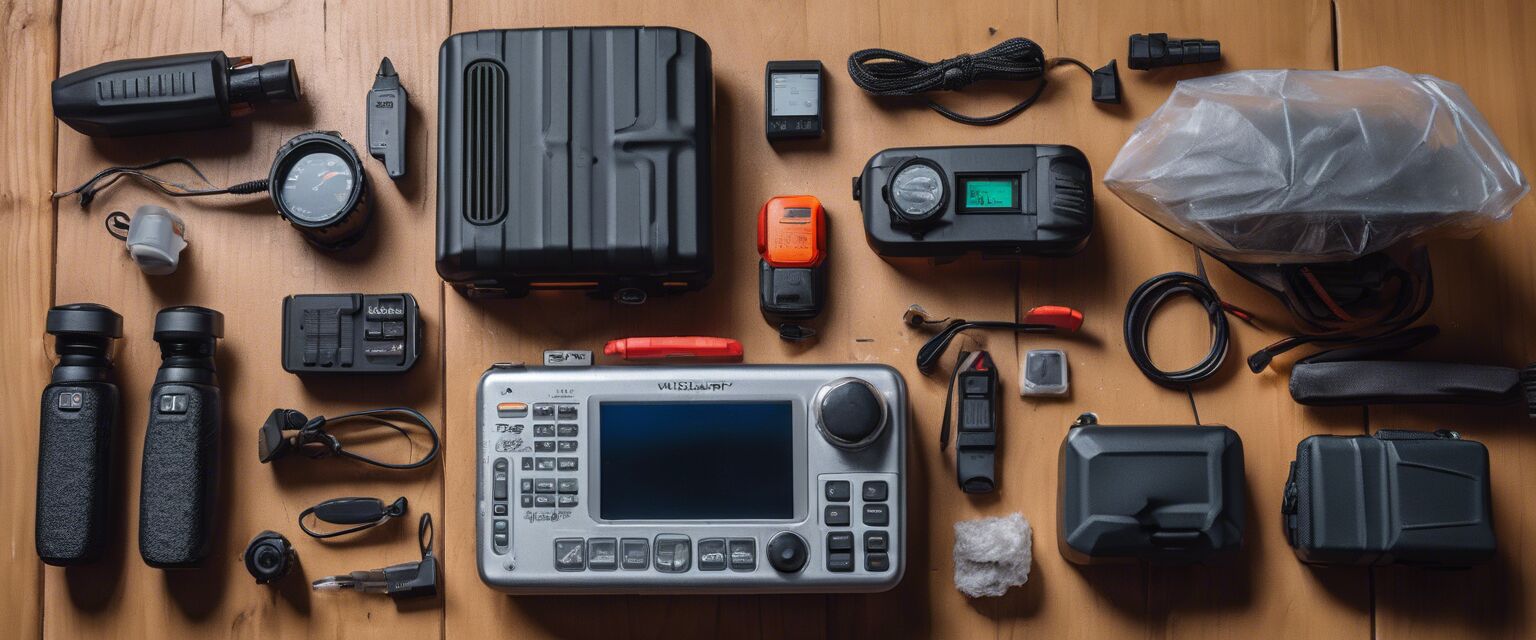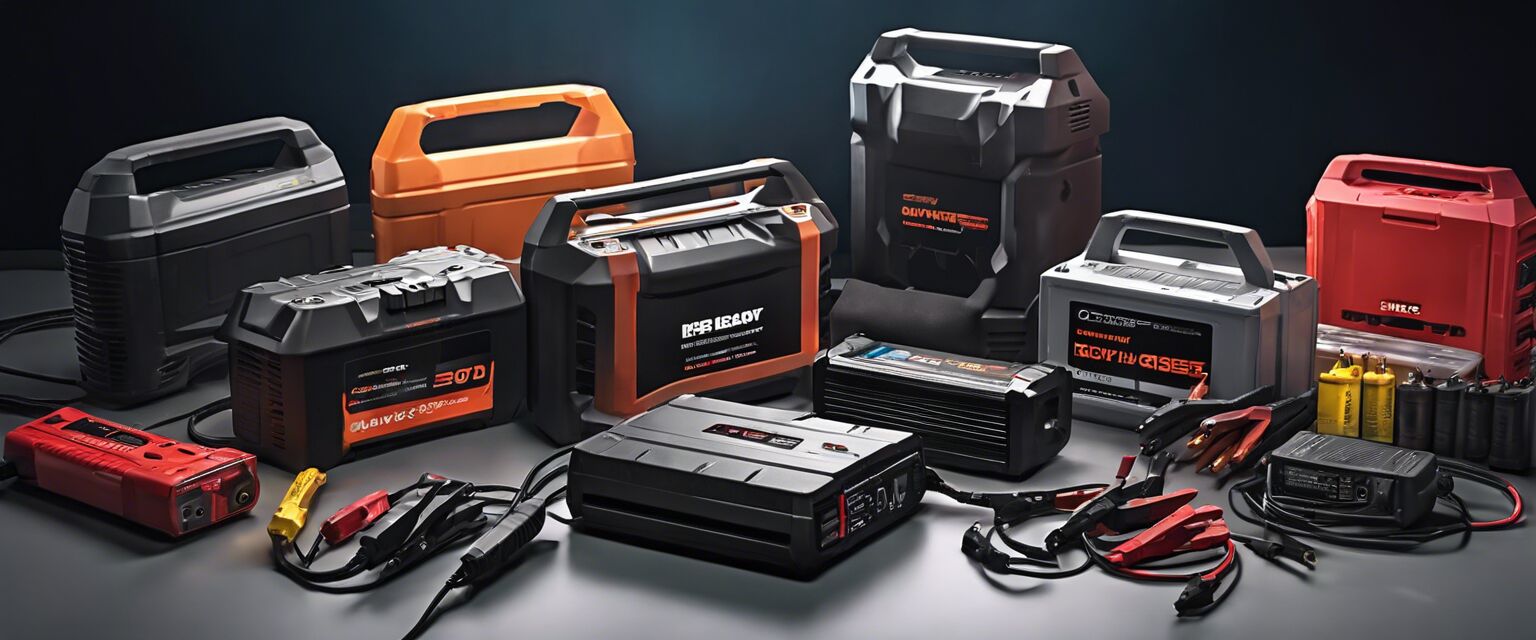
GPS and Navigation for Emergencies
Key Takeaways
- GPS devices are essential for finding safe routes during emergencies.
- Advanced navigation systems can assist rescue teams in locating you.
- Different types of GPS systems cater to various needs in emergency situations.
- Regularly updating your device ensures accurate data and features.
In emergency situations, having a reliable source of navigation can make a world of difference. Whether you are faced with a sudden vehicle breakdown, getting lost in unfamiliar areas, or finding yourself in a natural disaster, GPS and advanced navigation devices not only guide you to safety but can also assist rescue teams in locating you. This article explores the importance of GPS technology in emergencies and reviews various devices available in the market.
Why GPS Is Crucial During Emergencies
When a vehicle emergency occurs, itâs essential to have a practical strategy for quick navigation. GPS devices provide critical benefits, including:
- Real-time navigation: Quick route recalculations and traffic updates can save you time.
- Location sharing: Inform friends or family of your location for help.
- Emergency contacts: Some devices can store critical numbers for quick access.
Types of GPS and Navigation Devices
| Device Type | Features | Best For |
|---|---|---|
| Handheld GPS | Portable, long battery life, rugged design | Outdoor activities like hiking and camping |
| Car GPS Systems | Mounted, voice-guided directions, large screens | Daily commuting and road trips |
| Smartphone GPS Apps | Easy access, continuous updates, local information | Casual travelers looking for convenience |
| Emergency PLB (Personal Locator Beacons) | Activation sends distress signal, works in remote areas | Adventurers in less accessible terrains |
How GPS and Navigation Devices Work
Understanding how GPS works can help you appreciate its significance in emergencies. GPS devices use signals from satellites that orbit the Earth to provide accurate location data. Here's a simplified breakdown of the process:
- The GPS device receives signals from at least four satellites.
- Using triangulation, it calculates your exact position.
- Software within the device displays this information visually on a map.
- Navigation prompts guide you along your desired route.

Benefits of Using GPS in Emergency Situations
Pros
- Accurate navigation to avoid hazards
- Quick access to emergency contacts
- User-friendly interfaces
- In many cases, offline maps are available
Cons
- Dependence on battery life
- Potential signal loss in remote areas
- Some devices may have expensive subscriptions for premium features
Important Features to Consider
When selecting a GPS or navigation device for emergencies, consider the following features:
- Battery life: Ensure the device can last long enough during emergencies.
- Durability: Look for devices that can withstand harsh environments.
- Offline capabilities: Devices with downloadable maps can be lifesavers when thereâs no signal.
- Alert systems: Some devices can send distress signals to emergency services.
How to Prepare Your GPS for Emergencies
Here are simple steps to ensure your GPS is ready for emergencies:
- Update your device regularly to include the latest maps and software.
- Download offline maps for areas you frequent.
- Keep your device charged and consider a backup power supply.
- Familiarize yourself with the different features of your device.
Staying Safe with GPS Technology
Your safety should always be the priority in any emergency. GPS technology not only helps you navigate but also ensures you can communicate your location effectively. It's always advisable to have backup systems such as printed maps or alternative devices ready in case of technology failures.

Conclusion
In conclusion, GPS and navigation devices are invaluable tools in times of vehicle emergencies. From providing instant location information to guiding you to safety, the benefits are clear. Equip yourself with the right GPS technology and be prepared when emergencies strike.
Tips for using GPS during emergencies:
- Regularly test your GPS device to ensure itâs functioning properly.
- Familiarize yourself with the alert features of your GPS.
- Keep emergency contacts easily accessible on your device.
- Join local emergency response groups to stay informed about regional hazards.
Explore More
For more information on keeping your vehicle equipped for emergencies, check out our related categories:

